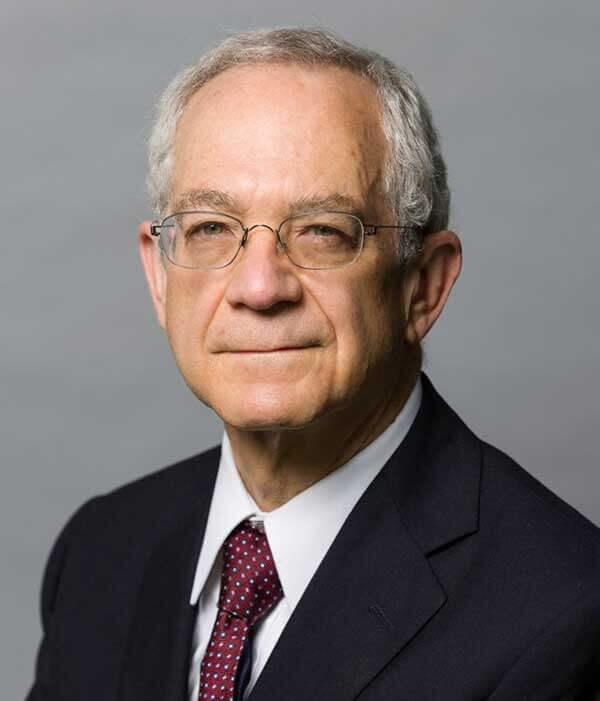Dr. Robert Yarchoan received his B.A. from Amherst College with a major in biophysics and his M.D. from the University of Pennsylvania. He trained in internal medicine at the University of Minnesota and Immunology in the Metabolism Branch, NCI. He then joined the laboratory of Dr. Samuel Broder, where he played a major role in the development of the first effective therapies for HIV infection, including zidovudine (AZT), didanosine (ddI), and zalcitabine (ddC). In particular, he led the first clinical trials of these drugs, was a co-inventor of didanosine and zalcitabine as AIDS therapies, and led initial studies of combination anti-HIV therapy. He was a Section Chief in the Medicine Branch from 1991 to 1996 and was named chief of the newly formed HIV and AIDS Malignancy Branch in 1996, a position he still holds. In his capacity as an intramural researcher in the NCI Center for Cancer Research, he studies AIDS-related malignancies, especially tumors caused by Kaposi's sarcoma-associated herpesvirus (KSHV), and HIV protease.
Among other honors, he has been awarded the Assistant Secretary for Health Award and the U.S. Public Health Service Outstanding Service Medal, has been inducted as a Fellow of the American Association for the Advancement of Science (AAAS), and is a member of the American Society for Clinical Investigation and the Association of American Physicians. In December 2006, he was a recipient of the first NIH World AIDS Day Award, and in November 2007 he received the NCI HIV/AIDS Research Excellence Award along with Drs. Samuel Broder, Robert C. Gallo, and Hiroaki Mitsuya. In December 2007, Dr. Yarchoan was appointed as the first Director of the NCI Office of HIV and AIDS Malignancy (OHAM). In 2009, Dr. Yarchoan received an NCI Director’s Award of Merit for leadership in promoting and supporting research in HIV/AIDS and HIV-associated malignancies at the National Cancer Institute. He was awarded an honorary degree from Amherst College in 2013, and in 2017 was elected as a Fellow of the American Academy of Microbiology.
